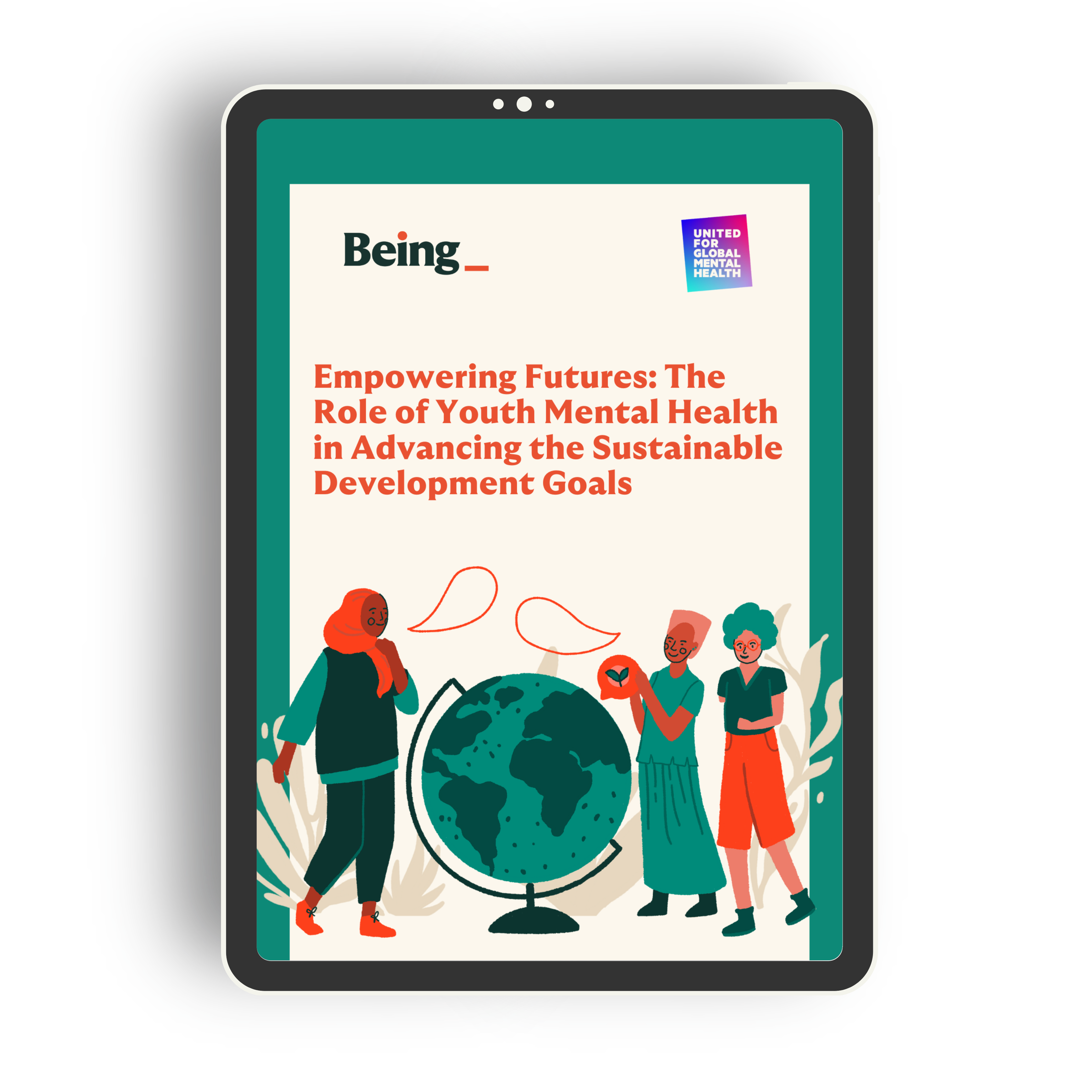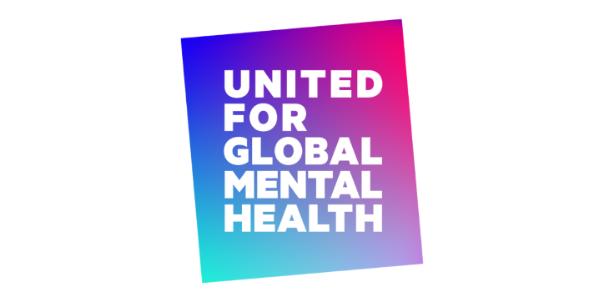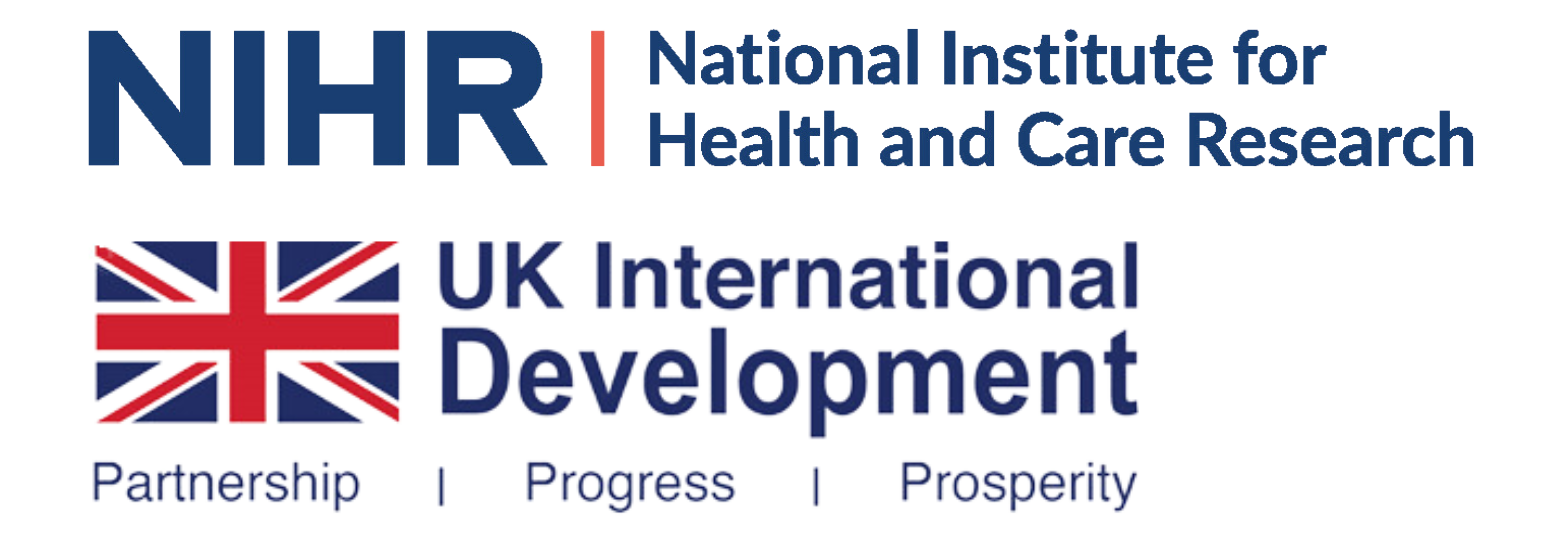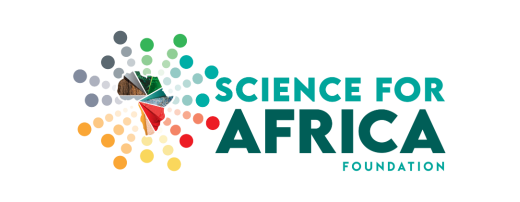As world leaders gather for the 79th United Nations General Assembly (UNGA) this week at the UN Headquarters in New York, the global community has an opportunity to take crucial steps. With six years left until 2030, we must accelerate our efforts to achieve the Sustainable Development Goals (SDGs).
With only 17% of targets currently on track, we need urgent action. At the heart of these efforts lies an often-overlooked dimension: youth mental health.
Young people are the driving force behind a sustainable future but are disproportionately impacted by global challenges. Yet, as the SDGs stall, many young people risk being left behind, with poor mental health exacerbating their vulnerability. Poor mental health impacts access to education and economic opportunities while taking a toll on physical health in the long term.
The Role of Youth Mental Health in Advancing the SDGs
La santé mentale n'est pas une question isolée ; elle est profondément liée à tous les aspects du programme des objectifs du Millénaire pour le développement. De la réduction des inégalités à la promotion du travail décent, des villes durables et de l'action climatique, la santé mentale joue un rôle essentiel.
En collaboration avec nos partenaires de United for Global Mental Health, nous sommes fiers de présenter un nouveau rapport : Renforcer l'avenir : Le rôle de la santé mentale des jeunes dans la réalisation des objectifs de développement durable (en anglais seulement).
Le rapport explique comment un investissement plus important dans la santé mentale des jeunes peut accélérer les progrès dans la réalisation de divers objectifs. Il met en évidence la relation directe entre la santé mentale des jeunes et les ODD, tels que l'éducation de qualité, la réduction des inégalités, la santé et le bien-être.

Spotlighting insights from young people and their communities
Drawing on insights from the Being Initiative’s consultations nationales and landscape analysis conducted across 13 countries, the report also spotlights pressing challenges and opportunities for youth mental health in Colombia, Ecuador, Egypt, Ghana, India, Indonesia, Morocco, Pakistan, Romania, Senegal, Sierra Leone, Tanzania, and Vietnam.
Mental health is a prime example of why intersectoral collaboration is crucial. We must recognize the relationship between mental health and sustainable development to achieve the SDGs.
As the 79th UNGA provides a platform for global leaders to revisit and accelerate SDG progress, this new briefing report by Being and United for Global Mental Health is a powerful reminder that investing in youth mental health is an opportunity to create a better, more sustainable future for all.





